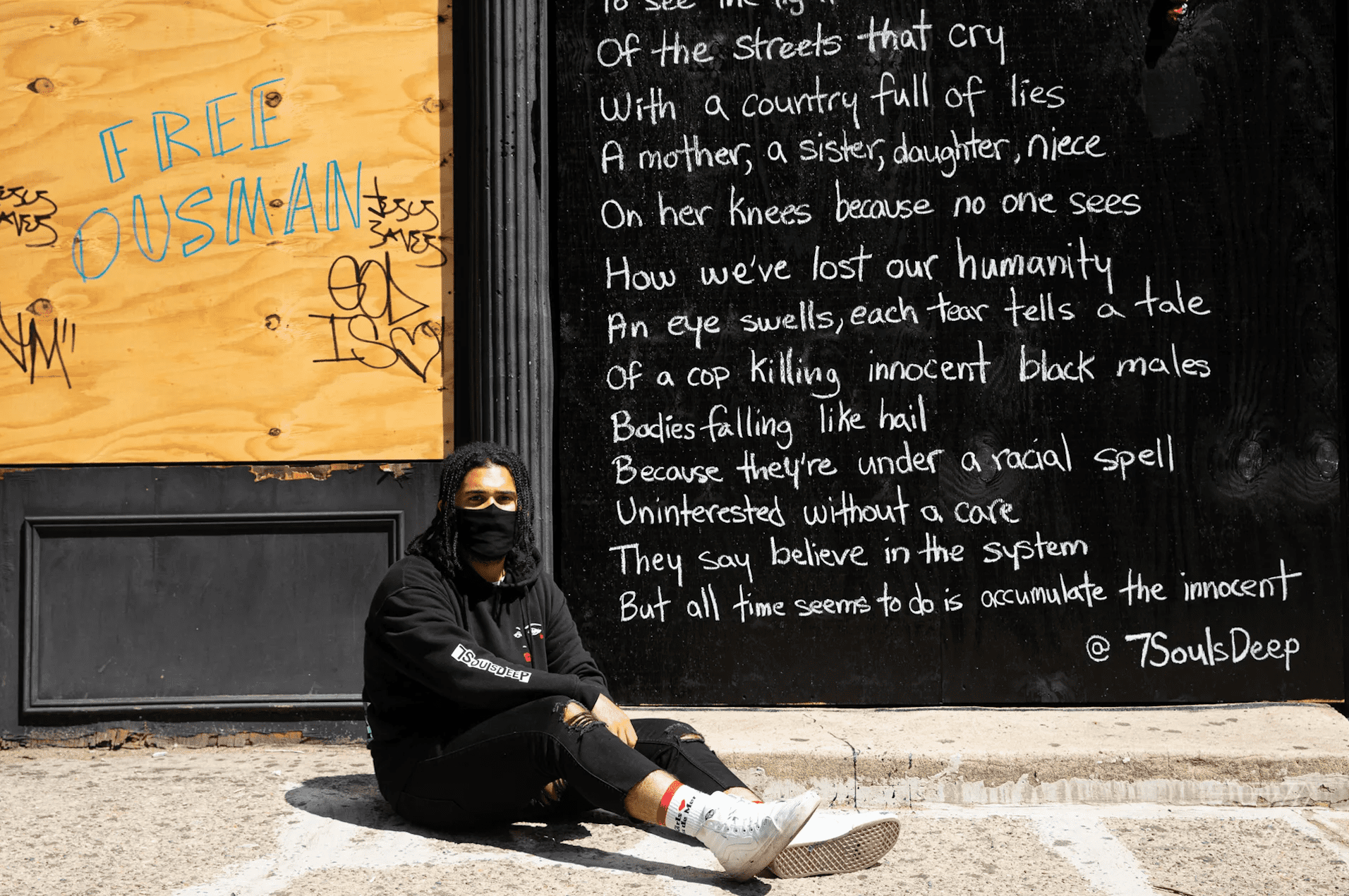Over the last two decades, cannabis use has shifted from a taboo subject that was only discussed in the privacy of your home to a booming mainstream industry. According to financeonlline.com, cannabis has an above-average surge rate compared to other industries as more states and countries accept the product in their markets. Grand View Research estimates the global market value of legal marijuana to reach $70.6 billion by 2028.
Despite market growth, there still doesn’t appear to be room for everyone on the playing field. Minorities, and specifically people of color, have historically been targeted by law enforcement for cannabis violations. Now that same industry is legal, booming, and they remain excluded. Massachusetts seeks to change that and set an example for other states.
The Massachusetts Social Equity Program (SEP) took a big step in mid 2021 by approving the release of cannabis delivery business license applications to companies with minority owners. The exclusive application guidelines will extend for three years, giving minority owners an opportunity to establish their businesses in this new, progressive industry.

Artwork by @jessekreuzer
Massachusetts Marijuana Delivery Operator License
Licensed marijuana delivery operators are permitted to purchase marijuana and marijuana products from licensed cultivators and manufacturers. These delivery operators sell and deliver directly to consumers. The program also includes Marijuana Couriers. These licensed individuals deliver but do not purchase or sell the products.
Home delivery of Massachusetts medical marijuana has long been allowed under the state’s medical marijuana program which was legalized in 2016. The Massachusetts Cannabis Control Commission is in charge of state cannabis regulation and oversight. One of the reasons for delivery license approval is the high barriers to entry for retail licenses. Marijuana delivery-only licenses help level the playing field for small businesses wanting to enter the market.
Under the three-year SEP, eligible marijuana delivery applicants will receive licenses, initial fee waivers, exclusive access to social consumption license types, and a 50% discount on annual license fees.
Guidelines for Massachusetts Cannabis Delivery Licenses
Strict guidelines exist to ensure the program functions as intended. Officials of the Massachusetts Cannabis Control Commission seek to have a significant impact on those who have been disadvantaged by disproportionate arrests and high incarceration rates during the “war on drugs” which is generally defined as a government initiative to harshly penalize drug offenses, starting in the 1990s.
Application criteria for the SEP Massachusetts Cannabis Delivery Licenses include:
- Resided in disadvantaged areas for at least five of the last ten years;
- Has a cannabis-related conviction;
- Relation to someone with a nonviolent cannabis-related conviction;
- Income that is under 400% of the community’s average income;
- Experience in an area negatively impacted by the war on drugs;
- Must be a person of minority, either Black, Latino, or Hispanic.
There are currently over 500 applicants eligible for Massachusetts Cannabis Commission marijuna delivery licenses, between 122 Certified Economic Empowerments Applicants and nearly 400 SEP participants. The commission is in the process of approving final and provisional licenses.
Cannabis Social Equity in Other States
Massachusetts is currently the only state with a marijuana licensing program focused on social equity at this level. Colorado has an “accelerator” program to assist individuals facing barriers to entry in the marijuana industry, including those arrested for a marijuana offense. Unlike Massachusetts, the program does not offer exclusive licenses.
In March of 2021 California granted $15 million to 10 cities and counties that are part of social equity programs. This was part of the Cannabis Equity Grants Program for Local Jurisdictions and was allotted to eight counties to be used for low or no interest loans.
The Michigan Marijuana Regulatory Agency has a social equity program as does the Illinois Department of Commerce.
Cannabis is not federally regulated, and each state is responsible for its own marijuana laws. The war on drugs has put countless communities at a disadvantage, and the Massachusetts Cannabis Social Equity Program aims to change the landscape of those communities through the marijuana delivery licensing initiative.

Artwork by @jessekreuzer
The Future of Social Equity in the Cannabis Industry
Despite a booming legal marijuana industry, an estimated 40,000 Americans are still incarcerated for cannabis-related charges. Though cannabis usage rates are roughly equal, according to the ACLU, Black people are 3.73 times more likely than white people to be arrested on the same cannabis-related charge.
One of the primary values of Cannabis Creative Group is diversity inclusion. We are committed to creating a business where all identities are honored and respected. Learn more about our stance on the cannabis industry diversity and inclusion.
There is enough room for everyone at the table. It’s time to remove the stigma of marijuana from all aspects of the industry including employment opportunities for marginalized communities.
